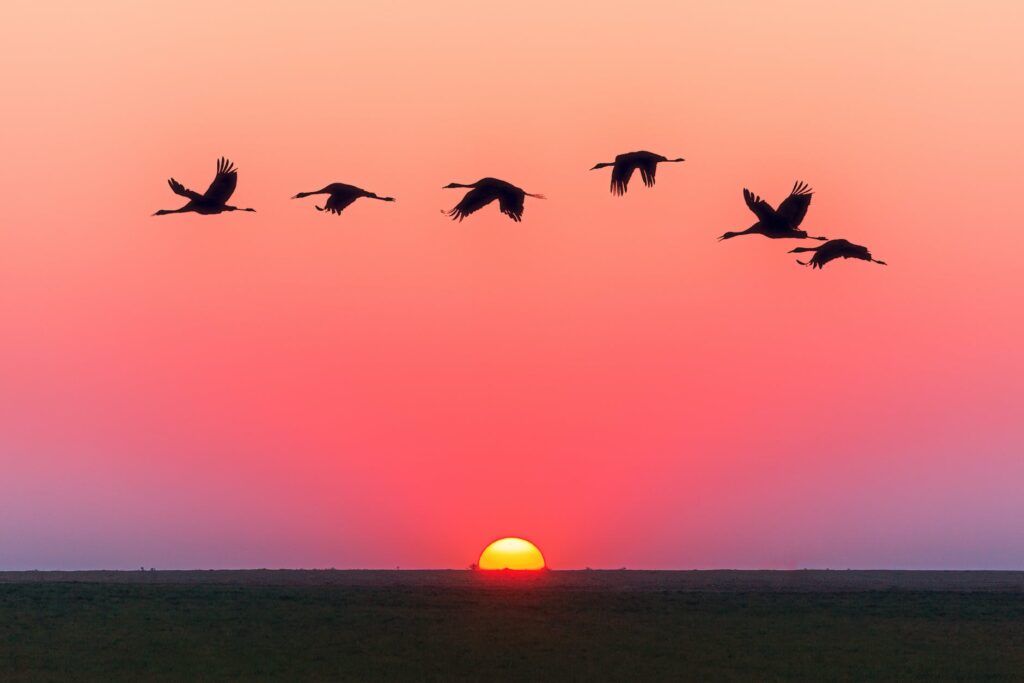Back in the day in Chua county Mucwini. Around that time when Oxfam came and helped rid us of Guinea worm; two choo. Before the war pa Abiro came and we had to go all the way to Lubone through Paloga as oring-ayela. Refugees…….
Before Alice Lakwena took our fathers to war and some never came back. Before the herds of cattle, goats, sheep, and not the pigs were ruthlessly taken away by the Karamojong cattle rustlers from our lands……
Before Kony came and forcefully took our children from school and the safety of our homes and butchered our brothers and sisters. Before the displaced persons’ camp forced us out of our wide homesteads…….
Before the tarmac road came traversing through Mucwini. Before the nodding disease infested the lives of our young. Before our sons got possessed by the need to play karata by the roadside, those matatu card games. And before the kongo saket was discovered. Before our men started to indulge in adulterated organ stopping liquor in sachets…….
…………………………………….the sunset signified many things……………………………….
Advertisement
It meant the lads of the home were soon returning from Kulu Olee or Kulu Aringa from their evening bath. They would return with lak-yen or logs of dry wood for the wang oo fire. They would then go ahead and make the evening fire for the family to gather around.
It meant the lad in charge of tending to the cattle for the week was just about done milking the cows and leaving the calves to spend the night with their mothers. It meant he was about to bring a jar of fresh frothy milk from the kraal. He would present it to the matriarch of the family. My grandmother Min Amoo or Maaa as we called her.
Maa would summon all her grandchildren from the wives of her sons she loved and the wives she didn’t love so much, and any other child passing through our homestead, for the mandatory evening fresh milk drink.
It was her favorite evening routine for days she wasn’t too blazed from drinking kongo arege. Waragi. The local potent gin that was mostly made by one of my aunties. My father didn’t like them brewing arege in the homestead, but still they did. Stubborn sisters are like that.
Upon being summoned by Maa, we would gather around her. We would each take our turn to drink from the jar. You guessed right. The milk would be drank the way it came out of the min dyang’s cak. It was taken without it reaching near any form of heat. Raw and organic it was.
It would also be the time she reminds us that the milk with all its bwoyo or “frothy-ness” was good for our health. That it was best not boiled. At this time when the sun was setting was not the best time to upset her. It was not the time to disobey your grandmother. We knew only to go with the flow. So we took our turn gulping from the milk jar; the fresh froth leaving white creamy circles around our mouths, a mark on faces pale from the day’s running around.
The sunset meant we were about to have our dinner of cak ma wach ma ki nyobo ki layata; sour milk mixed with mashed sweet potatoes or boiled pumpkin mashed with ground-nut odii. Sometimes it would be lajayi and on a great day anyeri! That grasscutter rodent is quite a delicacy. And yes us of north proudly enjoy that!
The sunset was a time to do a mental head count for the girls in the family. The day you allowed the sun to set before you were home unaccompanied by an older relative would mean trouble. First, you would have a lot of explaining to do, with the eldest boy of the family doing the kind of FBI interrogation.
He would stoke the embers in the evening fire, eyes halfway open with an unreadable expression and ask these closed ended questions he would make them sound like open ended ones. And you would get caught along your teenage lies.
On a fairly good day you would be spared the rod. On others you would be beaten. On a terrible day when the kac was not on your side and you had exceeded your limit of pardons, you would be asked to go back to the idiot that made you reach home late.
That’s how some people would elope. You would get tired of this kind of questioning knowing that he is also responsible for some girl reaching their home late. You would realize you need to be with your lover forever and just head back to him. Sometimes it would end in a luk, then keny, then happy babies. Sometimes it would end with you coming back home.
The sun’s going to bed set pace for evening events. So many stories would be told. Tales about obibi, apwoyo, hyena, ladenge, the general events of the day and the plans for the next day, and the future would be brought to life through stories.
Above all, it was the beginning of a routine, a ritual, when all family members gathered around the fireplace, shared the evening meal and the elders passed on life’s lessons, as the young listened wide eyed.
That’s where we learnt to respect the elders and not interfere when they talked, learnt to listen, learnt about the stars, the position of the moon, family bloodline, whose family not to marry into, dreams, herbs, how to mind your own business, and to keep time among others!
The Wang oo was an important aspect of our lives. It was where we learned and got chastised. It was where we loved and loved back. It was where we disagreed and agreed. It was where we laughed and cried. It was where we passed on family recipes and traditions. It was where we got discipline and disciplined. We mourned and danced around the Wang oo.
May we keep the Wang oo alive. May we keep our traditions alive. May we keep passing life’s lessons to the generation after us best way we can like the Wang oo no matter where we are. May we have a Wang oo of our own to share and love around.
May the sunset have more meaning in its rare orange for us. May the sunset bring forth our Wang oo.

